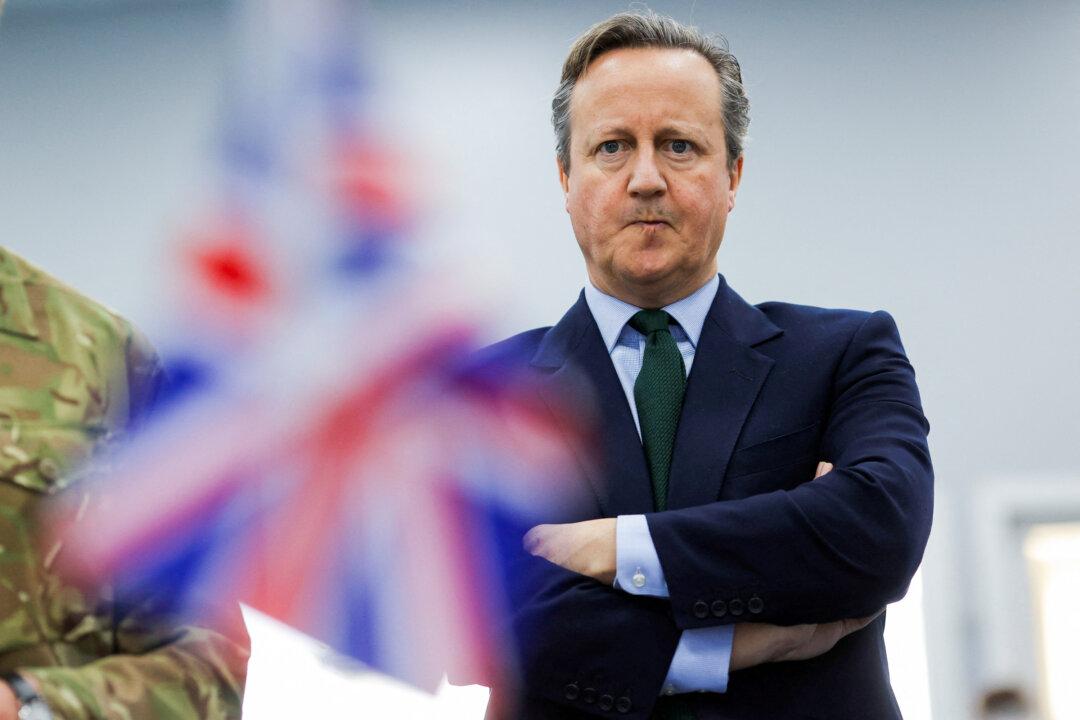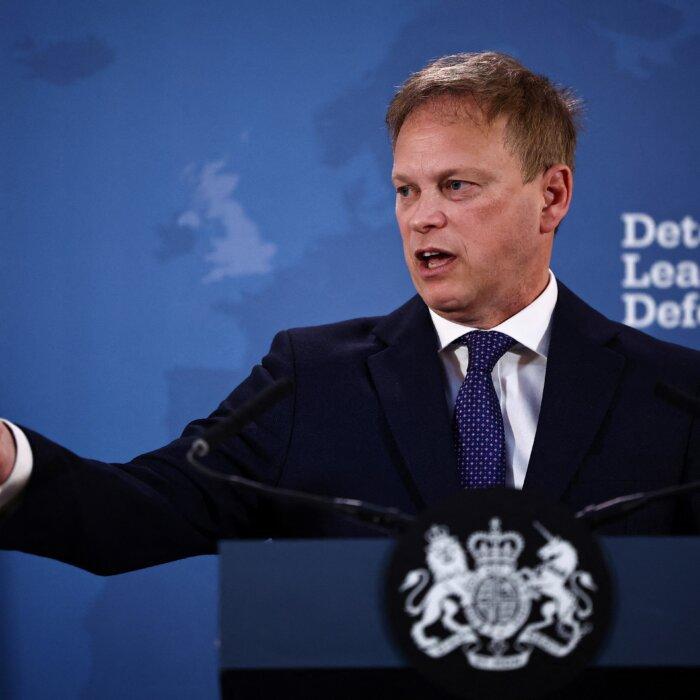Success for Ukraine in the war against Russia is “vital” for European security as the alternative would embolden Vladimir Putin to further attempt to “re-draw European borders by force,” the foreign secretary has said.
Foreign Secretary Lord Cameron said in a statement on Monday that a victory for Russia “would be heard clearly” by adversaries such as China, Iran, and North Korea.
“Success for Ukraine and failure for Putin are vital for American and European security,” Lord Cameron said, adding that victory for Kyiv “will show that borders matter, that aggression doesn’t pay and that countries like Ukraine are free to choose their own future.”
The foreign secretary warned, “The alternative would only encourage Putin in further attempts to re-draw European borders by force, and would be heard clearly in Beijing, Tehran and North Korea.”
European Allies Must ‘Redouble’ Efforts to Support Kyiv
The foreign secretary’s comments follow on from similar remarks by Defence Secretary Grant Shapps, who last week said European allies must “redouble our efforts to support Ukraine.”Mr. Shapps had said that with the “right support,” Ukraine was able to render the Russian navy “functionally inactive” in the Black Sea. He further claimed that Ukraine is “defending the frontiers of freedom for us all.”
Since 2022, the UK has provided over £7 billion in military support to Ukraine and had trained more than 60,000 military personal since 2014.
According to the Foreign, Commonwealth and Development Office, European nations, including the UK, have already committed over £145 billion to Ukraine.
Last week, Lord Cameron said Ukraine was “closer to NATO than ever,” saying that the alliance “must sustain the critical support Ukraine needs to win the war.”
A ‘Pre-War World’
Mr. Shapps had urged European defence partners to increase their support for Ukraine in a piece for The Telegraph, where he also encouraged allies on the continent to look beyond the 2 percent defence spending pledge and to shore up their defence sectors by investing more in ammunition and stockpiles.The defence secretary said the measures were necessary as Europe was in a “pre-war world,” warning that hostile powers like China and Russia are “aligning” and “our democracy is in their crosshairs.”
“We have moved from a post-war to a pre-war world,” Mr. Shapps wrote.
He continued: “Russia is menacing our neighbours. China is increasingly belligerent. Iran is using its proxies to cause regional havoc from the Middle East to the straits of Yemen. And North Korea is perpetually rattling its nuclear sabre.”
“Increasingly, these malign powers are aligning and our democracy is in their crosshairs,” he added.
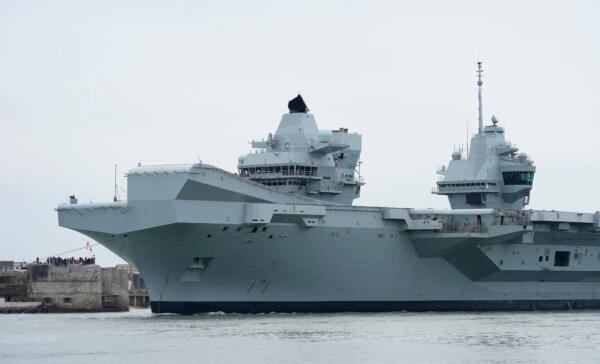
A Swedish-Style National Service
Other senior figures in defence and intelligence have said Europe is either already in a state of war or should be preparing itself for conflict, including former head of MI6 Sir Richard Dearlove who said in February that “Europe is at war” on a psychological level and ”we should be thinking in those terms.”Former MI6 Chief Sir Alex Younger said he found the term “pre-war” not particularly helpful, because in reality, “we’re always in a pre-war world to some extent.”
“I come from the covert world where states behave according to their real interests, not their professed ones,” the former MI6 chief told the BBC’s Nick Robinson last week.
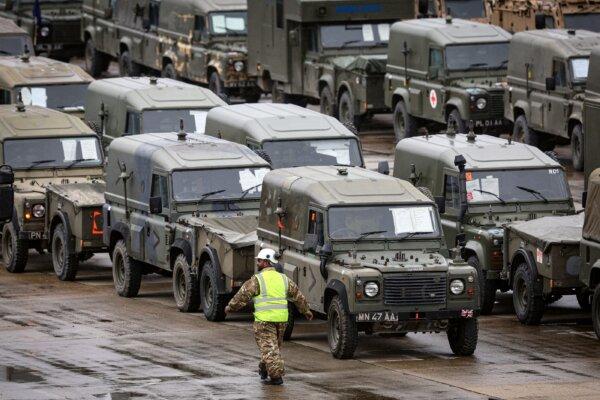
The former Secret Intelligence Service appeared to rule out recommending a “blanket conscription,” opting instead for thinking about ways ”the broader country would participate and contribute to security in a time of an emergency.”
“Ultimately, in extremis, I think we'd be looking at something like the model as I understand exists in places like Sweden, where the government theoretically has the power to compel people to give their service one way or another but doesn’t exercise it, except in areas where it’s really needed,” he said.
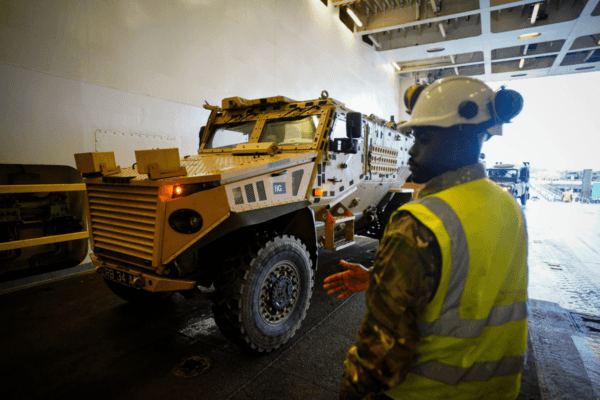
NATO has called the exercise “a significant display of military prowess” which allows the defence union to showcase “transatlantic unity, strength, and determination in the face of evolving security challenges.”
Approximately 90,000 troops from all NATO allies have engaged in multi-domain exercises across land, air, sea, cyber, and space operations. Exercises are set to be completed on May 31.
